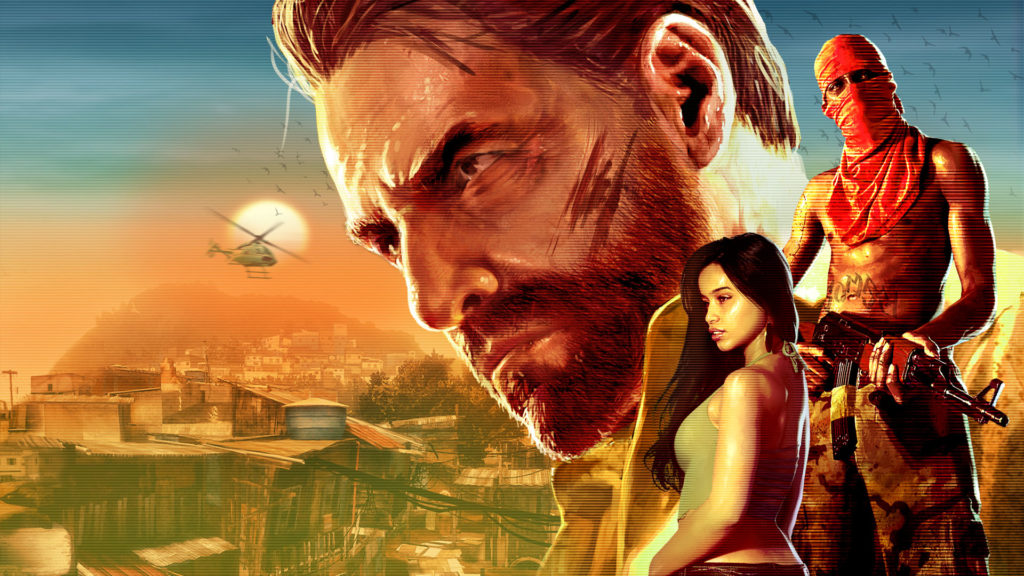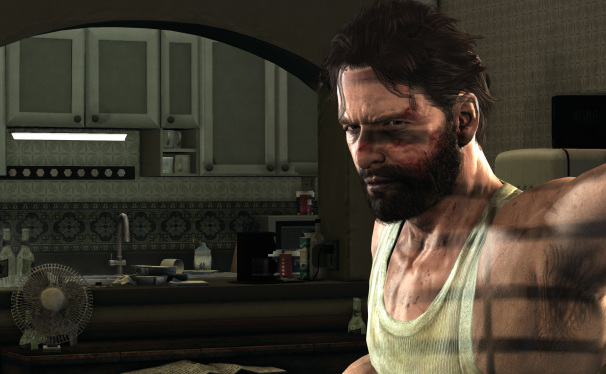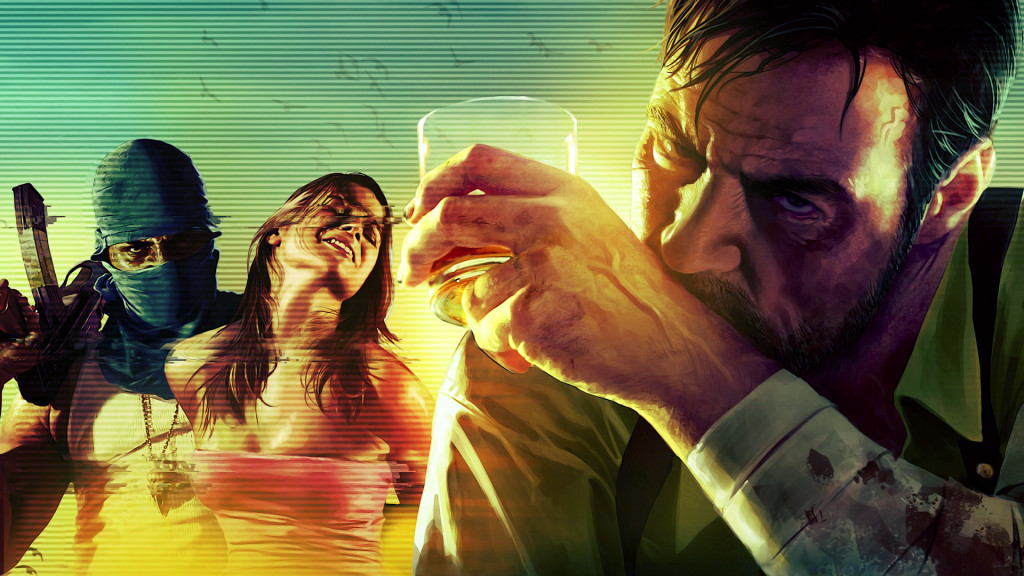Last updated on May 16, 2016
 Video game developers have used myriad methods to attempt to tell compelling stories. Some emphasize the cinematic at the expense of the player’s interaction with the narrative, as in L. A. Noire and the Uncharted series. Others attempt to place the gamer as the hero of the story to which all characters speak about in hushed tones, such as Gordon Freeman in Half-Life 2. This approach allows for the player to interact directly with the plot’s progression. The silent protagonist, however, can’t carry the weight of an interactive narrative; they can only proceed through the machinations of the developer’s whims.
Video game developers have used myriad methods to attempt to tell compelling stories. Some emphasize the cinematic at the expense of the player’s interaction with the narrative, as in L. A. Noire and the Uncharted series. Others attempt to place the gamer as the hero of the story to which all characters speak about in hushed tones, such as Gordon Freeman in Half-Life 2. This approach allows for the player to interact directly with the plot’s progression. The silent protagonist, however, can’t carry the weight of an interactive narrative; they can only proceed through the machinations of the developer’s whims.
Max Payne 3, however, attempts a fusion of both approaches. The game tells its story through its frequent cut-scenes and the act of playing the game, immersing the player in the overall experience. Rockstar takes many cues from pop culture trends of vigilante justice from the last decade in films such as Man on Fire and Die Hard. Although the protagonist’s actions aren’t judged as severely, Max Payne 3 has ambitions to speak about the evils of human societies through the player character.
The game continues the story of Max Payne, the cop whose wife and daughter were brutally murdered by drug addicts. In the original game, Max finds the origins of this new drug in a huge conspiracy by the Italian and Russian mobs within a giant corporation. Payne brings them all to “justice” from the barrel of his gun, yet his vengeful “victory” leaves him in the same state as when his family first died: broken. Max Payne’s second outing only exacerbated this feeling, as Max tries to reach out emotionally to a contract killer, Mona Sax. Their romance is fleeting, as she dies at the hands of a former friend. Yet again, Max remains broken, torn apart by grief.
Payne can’t deal with the pain as his previous exploits continually torture him. He leaves law enforcement to spend the rest of his time downing liquor and popping painkillers – the primary health item of the previous games. He decides, at the urging of an old cop friend, to become part of a private security firm in Sao Paulo, Brazil. Specifically, he protects one of the wealthiest families in the area, the Brancos. From there, things take a slow descent into hell as Payne continually fails to save the Brancos from kidnapping and worse. Eventually, Payne must do what he does best: investigate who did what, who killed whom, and kill everything that stands in his way to killing that person.

By no means is Max Payne an enviable protagonist. Contrary to the “hero” narrative perpetrated by so many modern video games, Payne would rather have a normal life than his perennial bouts with addiction and death. Still, his personal trials remain his choices. He knows the facile nature of his new employers. They are the stereotypical “rich family” in a third world country, holding useless charity events for appearances. He believes that the poor perpetuate a cycle of violence by failing to see any other way out of their destitute lifestyle. He can reflect on the problematic nature of Brazilian politics. However, he does not change despite constantly bemoaning his own flaws.
Max tells the player as much directly. He speaks to us throughout, offering a running commentary on the game’s events and sharing self deprecating thoughts about his beleaguered estate. He shares overly reflective musings on the corruption around him and his inability to prevent violent resolutions. He constantly remarks on his various addictions and his love/hate relationship with vigilante justice. Payne provides color and perspective to the game’s events, but rarely distances the player from what is happening. Instead of acting as Max or merely observing him, the player is made to feel as though he is traveling with Max. The player is an unseen companion living the experience vicariously through Max.
I was surprised to find myself rooting for Payne; rather than seeing him as a violent psychopath. I felt empathy due to the effectiveness of Max’s personality, which shines just as much as his previous two exploits. He’s not insane – at least not in the traditional definition of the word. Nor is Max entirely a victim of circumstance. He dwells in a world where violence is the only solution. The player’s only job is to further Max down that path of violence without pretensions of mercy or kindness – only survival.
His grief so desensitizes his ability to form real relationships that he resorts to the bottle and the pill. It’d be a miracle for him to feel something, anything at all. The screen glitches out intentionally to show Payne’s purportedly disturbed mental states because of his addictions. Words flash on screen to emphasize particular phrases to the player.
Violence brings Payne to life. It’s only by engaging in firefights that the flicker actually resolves itself. The bullet time effects recreate that primal sense of instinct that, literally, slows down time to increase reaction speed. Even the music, by American noise band HEALTH, expresses Max’s psyche by dynamically responding to the threats to Payne’s life onscreen.

At times, though, Rockstar wrests interactivity from the player’s grip. Frequent, long-winded cutscenes often replace what was taut and engaging narrative. The constant throwaway lines about the poor and the rich, though witty and entertaining, fail to develop into anything meaningful. The plot, at times, tries to mold Max into the traditional “action hero” archetype. It’s exceedingly evident, from the way events frame themselves, that the player should feel Max is “justified” in his actions, even as he truly solves nothing. When all the villains become cardboard caricatures of military juntas and politicians, Rockstar doesn’t deviate too far from the prevailing pop culture paradigm of good and evil. Max Payne may as well be a saint by comparison. The Brancos, for better or worse, all die. And yet, Payne only deals with the symptoms of corruption, not the root cause.
Max Payne 3 is at odds with its own narrative. Whether intentional or not, Max Payne 3’s tale originates in the contradictory nature of human kind. We have the ability to change ourselves, yet fail at this seemingly simple objective. It’s much easier to be the passenger than to sit in the driver’s seat. As the Apostle Paul said “For what I am doing, I do not understand; for I am not practicing what I would like to do, but I am doing the very thing I hate.” In this fashion can we relate with Max Payne, even though he hates himself.
